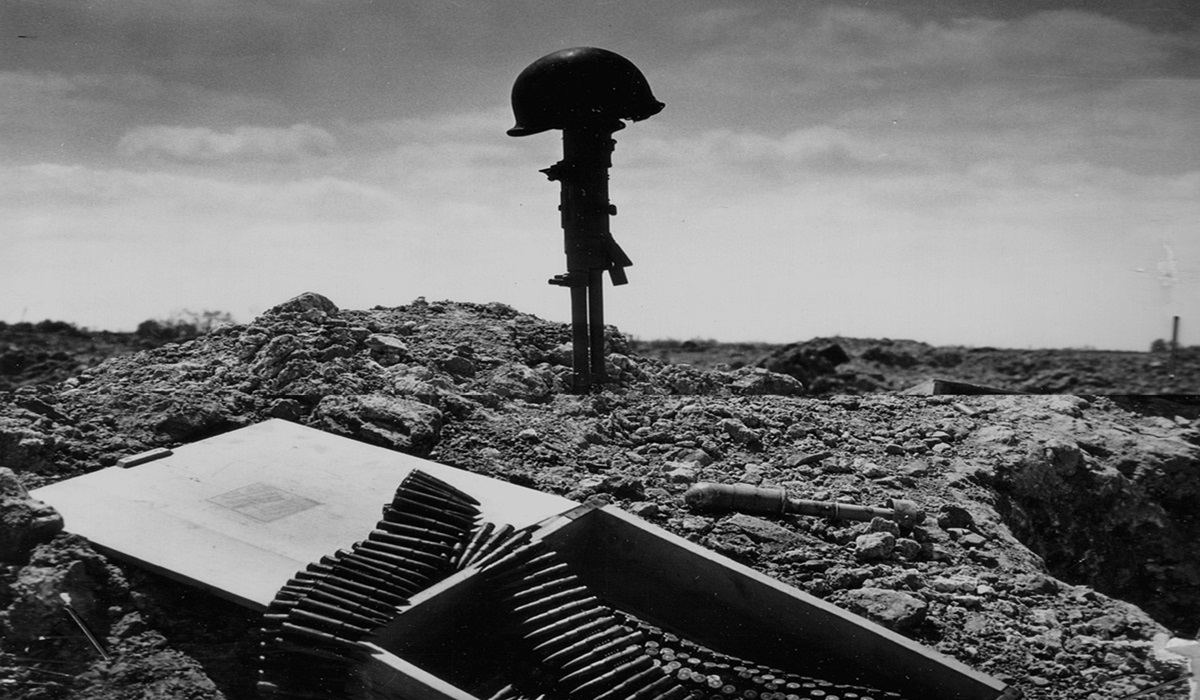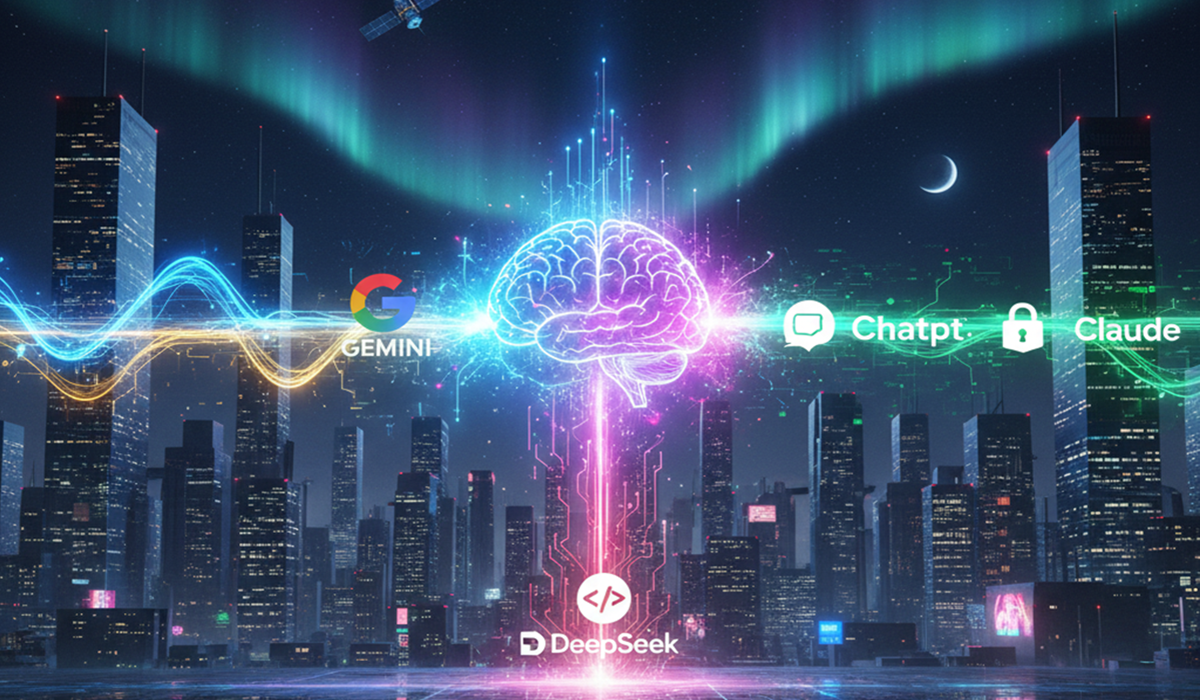The Hunger That Devours Itself: A Reflection on War’s Insatiable Appetite
- TDS News
- Op-Ed
- Trending News
- July 14, 2025

By Donovan R. Martin, Editor-in-Chief
Image Credit, WikiImages
War is a disease of the human condition — a chronic ailment we seem unwilling, or perhaps unable, to cure. Across centuries and continents, we’ve watched it morph and evolve, from swords and shields to drones and cyberattacks, always carrying the same bitter taste: death, displacement, devastation. There is no glamour left in it, if there ever truly was. The appetite for war has grown so insatiable, so consuming, that it threatens to devour not only the enemies it claims to target, but the very soul of humanity itself.
People are dying. Innocent people. Civilians who never picked up a weapon, children who never uttered a word of hatred, families who never chose sides. They are dying under collapsing buildings, beneath the dust of forgotten towns, in the unforgiving silence of refugee camps. The numbers are counted in reports, but the grief is immeasurable. Those displaced may never return home — not because they don’t want to, but because “home” no longer exists. Flattened. Taken. Redrawn. Gone.
And what are we doing? Watching. Rationalizing. Turning away. Enabling.
Proxy wars rage across the globe, fronts staged not for liberation or survival, but for power, influence, access. The puppet masters don’t bleed. They fund. They maneuver. They speak in soundbites about “security,” about “interests,” about “long-term peace.” But peace doesn’t grow from the barrel of a gun. Peace isn’t a side effect of domination. And war is not a vaccine — you cannot administer mass suffering now to prevent a potential illness in the future.
Yet that’s exactly what we’ve allowed ourselves to believe. That it is somehow noble to strike first, to kill in the name of preventing others from killing. That preemptive war is justifiable. That toppling governments, decimating infrastructure, and displacing millions is a necessary evil — because if we don’t do it, they will. Eventually. Someday.
Is this really who we’ve become? A species so gripped by fear, so ruled by paranoia, that we convince ourselves our violence is righteous and theirs is barbaric?
Who decided which nations are allowed to kill with impunity and which must kneel before international courts? Who carved the line between power and persecution? The rules, it seems, only apply to the powerless. Justice is flexible — firm for the weak, fluid for the strong. The international order claims to protect human rights, to uphold dignity and law, but when violations come from those with resources, those with allies, those with veto power… silence. Or worse — justification.
The most atrocious acts are being committed. We know this. We see them. We read about them, scroll past them, hear them whispered between commercial breaks. Cities reduced to rubble. Human beings treated like pawns. Torture. Rape. Ethnic cleansing. Cultural erasure. Genocide.
And still, the enablers enable. Not just the ones pulling the triggers, but the ones writing the checks, shipping the weapons, providing the intelligence, running interference at the U.N., rewriting history in the media, flooding timelines with distractions and justifications. They are complicit. And we, by our passivity, become complicit too.
What are they fighting for? Land? Power? Resources? Control of narrative? Sometimes, they say, they’re fighting to “preserve a way of life.” But what life can be preserved when life itself is so easily discarded?
There is a darkness to this hunger — not just for territory, but for dominance. It is the belief that one life is worth more than another. That one nation’s prosperity is worth another’s ruin. That the ends — no matter how abstract or hypothetical — justify the means. Even if the means are unspeakable.
We have become fluent in the language of annihilation. Precision strike. Collateral damage. Kinetic action. We don’t say they were burned alive, we say a military target was neutralized. We don’t say children were buried under rubble, we say civilian casualties were regrettable but unavoidable. Sanitized words for messy truths. But the blood still flows, whether we name it or not.
Haven’t we learned anything? From the trenches of one war to the concentration camps of another; from the napalmed jungles to the desert battlefields soaked in oil and blood; from revolutions turned civil wars to occupations masked as liberation. Haven’t we learned anything?
We build museums to remember the horror, then fund new horror with the same hands. We mourn the past, but we refuse to learn from it. Our history books are full of wars that were supposed to end all wars. They never did. They never will. Not like this.
So what is the cost? What is truly gained in this endless churn?
We lose people — that much is obvious. But we also lose compassion. We lose the ability to see “the other” as human. We are taught to categorize, to dehumanize, to justify brutality by erasing the faces of those on the receiving end. When you see an entire people as a threat, their suffering becomes tolerable. Necessary, even. This is how genocides begin — not with bombs, but with language. With ideas.
And the longer we do this, the more we normalize it. The easier it becomes to accept that war is just how things are. That there will always be conflict. That diplomacy is naive, and peace is a fantasy. But that isn’t a truth. It’s a resignation. It’s a cop-out. Peace isn’t the absence of war; it’s the presence of courage. Courage to listen. To empathize. To understand. To compromise.
So when do we say: Enough.
Who will be brave enough to say it? Who will stand against the tide when the cost of doing so is exile, ridicule, or worse? Who will dare to call out not just the violence, but the systems that sustain it — the industries, the politics, the profits?
Maybe it starts with us — the ordinary ones. The ones without armies or treaties or flags. Maybe we must become loud in our refusal. Loud in our grief. Loud in our insistence that there is another way. Maybe we stop cheering for destruction and start demanding humanity. Maybe we question everything — the headlines, the talking points, the patriotic fervor that disguises itself as truth. Maybe we ask the hard questions, even if the answers scare us.
And maybe we stop letting leaders speak in our name when they choose war. Let them stand alone. Let them feel the weight of their choices.
How do we find peace again — not just in policy, but in spirit? Maybe it begins with lament. With honesty. With mourning for what we’ve become, and hope for what we still might be.
To be lost in peace is still better than to be found in war. Because in peace, there is still time. Time to heal. Time to rebuild. Time to forgive. In war, there is only urgency — and death. We lose everything in war. Even when we win.
So where do we go from here?
We go inward. We go bravely into truth. We reject the easy narratives. We hold our governments accountable. We name the horrors, even when it’s inconvenient. We break the silence, even when it costs us. We honor every lost life by refusing to justify the next.
And we remember — deeply, daily — that war is not inevitable. It is a choice. And every choice can be unmade.
Let us unmake it.
Let us stop feeding the appetite that only knows how to consume.
Let us be brave enough to say: no more.








